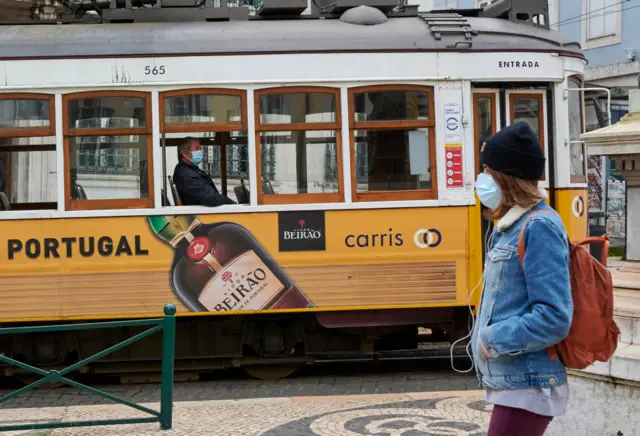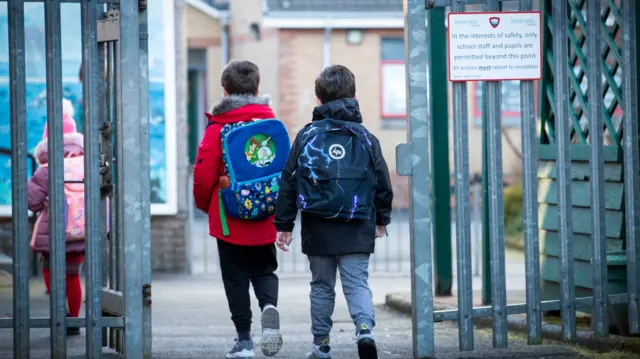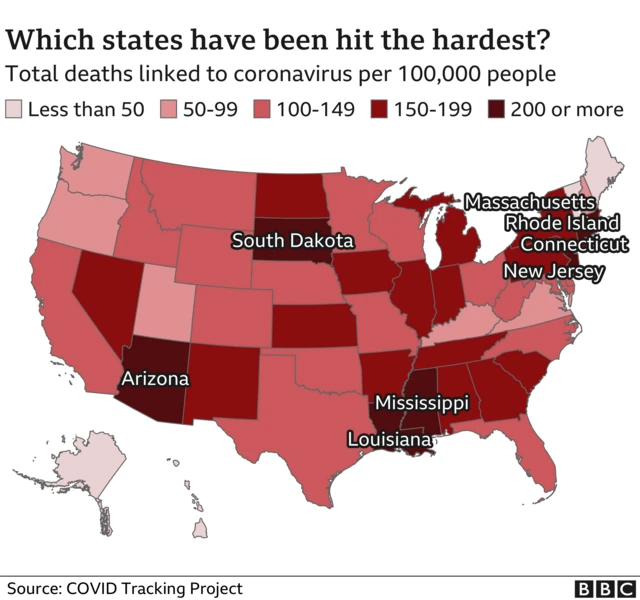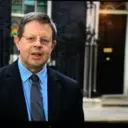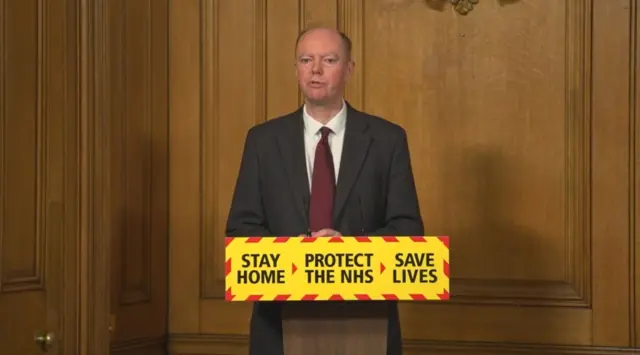That's it from uspublished at 20:51 GMT 22 February 2021
We're wrapping up for the evening. Thanks for joining our live coverage of the coronavirus pandemic today - we'll be back tomorrow with more updates from around the world.
Today's posts were written by Hazel Shearing, Jen Meierhans, Francesca Gillett, Paul Seddon, Sinead Wilson and David Walker.
They were edited by Rob Corp, James Clarke and Claire Heald.

